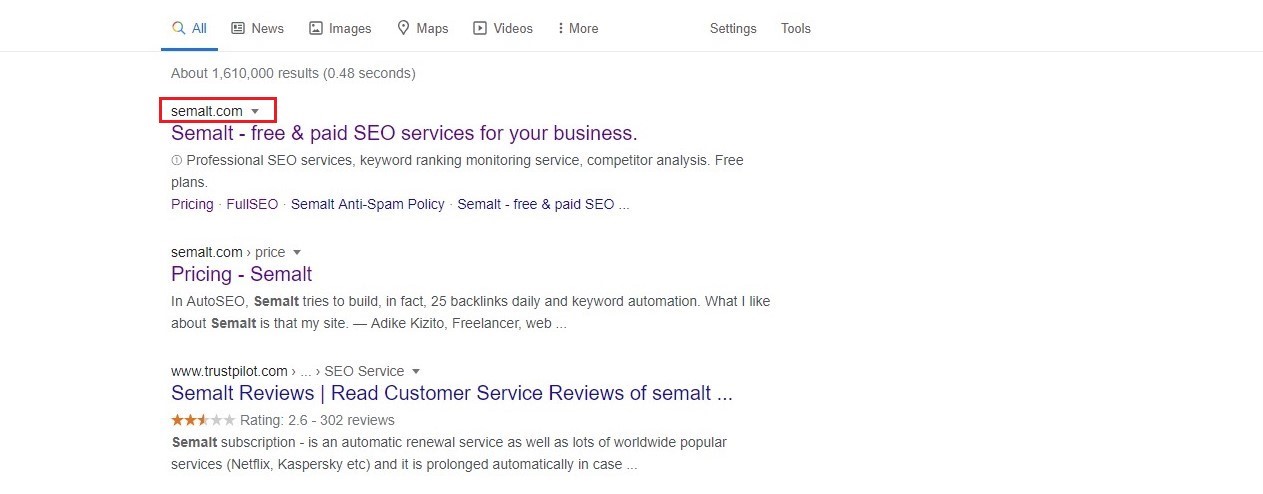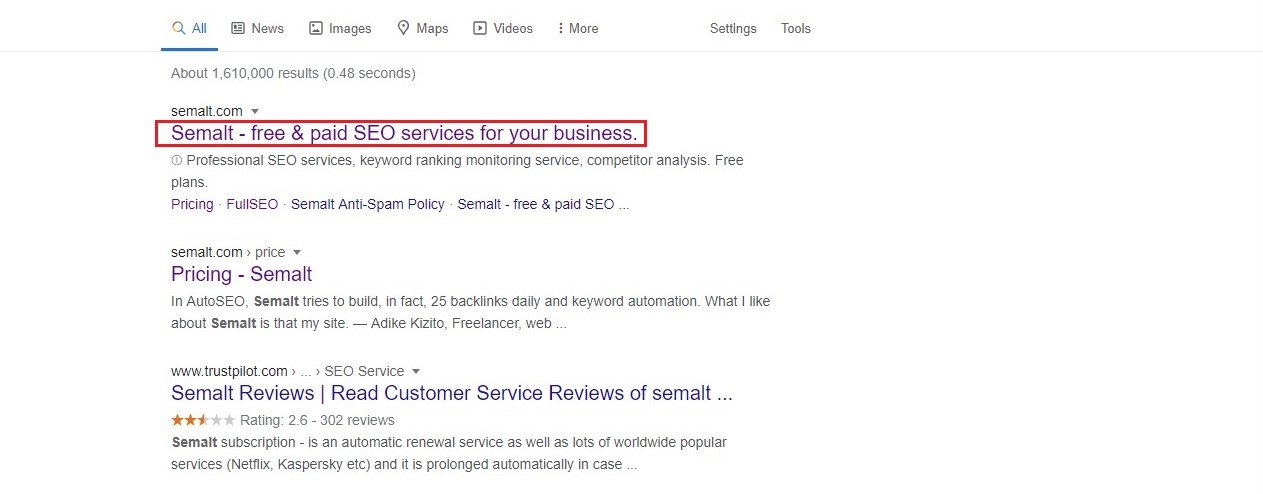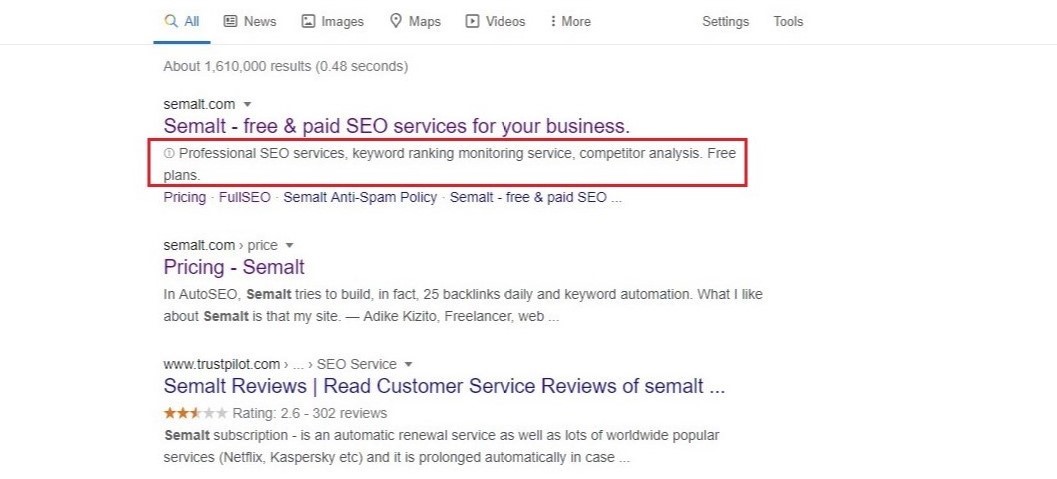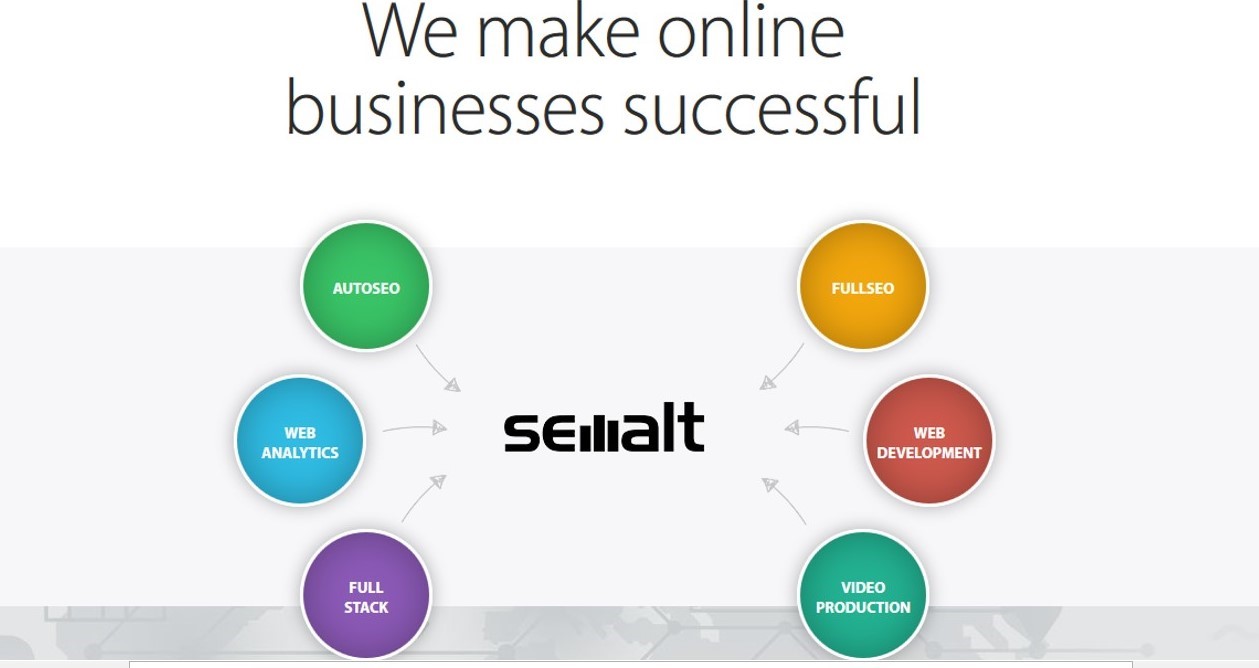The Importance Of Content In SEO: A Detailed Guide By Semalt
TABLE OF CONTENTS
- Understanding Content
- How to create content that is optimized for search engines
- The role of Semalt
- Conclusion
Understanding Content
Many websites desire to be listed among the Google TOP 100 sites. A number of these websites make an attempt at optimizing their websites for search engines. A much fewer number of them truly understand the importance of content in SEO.
In terms of ranking at the top of search enquiries, the content of your website can be likened to the engine of your car. Your car won't move an inch without an engine, so also will your website not advance in ranking without decent content.
When your content is of high quality and your other SEO strategies are topnotch, in no time, your website will be at the top of search engine rankings. The reverse is the case if your content and SEO strategies are poor - they can lead to penalties from Google. Once a website is hit by a Google penalty, they usually find it extremely difficult to recover from it.
Semalt aims to help
you understand the value of content in SEO, what content really is, how to
create optimized content and all you can do to make sure your content and SEO
strategies work hand in hand to give you a spot at the top of search engine
enquiries.
Let's explore the world of content and SEO.
What Is Content?
At the basic level, content is simply digital information (text, image, video, audio) on your website aimed at enlightening, entertaining or informing your visitors.
How crucial is content in SEO?
Over 3.5 billion search enquiries are made daily on Google. In an effort to keep their users, Google keeps updating its algorithms to ensure they deliver "useful and relevant results" in the shortest possible time.
The useful and relevant results in this context are the content of
websites all over the internet. They are then ranked in order of usefulness and
relevancy to the user making the search.
This shows that your content has to be deemed useful by Google to a user
before it can be ranked.
In order to increase the potential of the SEO value of your content,
there are some characteristics your content has to possess. They include:
1. It should be
useful and informative: If you own a website for
your business, you should include the location, contact information,
products/services offered, and hours of operation. If you can, add a blog to
keep your customers updated on the latest about your business.
2. It should be of
more value and more useful than other websites in the same niche: If you write about self-help, for instance, make sure that your articles
offer better information or a different perspective on self-help than the
myriads of articles churned out daily on the same topic.
3. It should be
credible: Your site's credibility can be boosted if you use
original research, citations, and links for your site's content. An author
biography, reviews, and testimonials from real-life customers will also greatly
improve your trustworthiness.
4. It should be of
high quality: Ensure that the content on your site is unique,
straight to the point and of topnotch quality. Avoid plagiarism at all cost.
5. It should be engaging: Bring your website to life by adding quality images and videos. Don't get your visitors distracted by spelling, stylistic or factual errors. Avoid too many ads as well. Keep your visitors engaged by regularly updating them. You can also keep them on your site for longer through comment boxes and/or social media widgets.
How To Create Content That Is Optimized For Search Engines
In order to create optimized content, there are a few steps that must be
followed.
Before Creating The Content
1. Perform keyword
research: For best results, you will want to find out what
keywords are being searched for the most by your desired audience. A highly
reliable keyword research tool like that which Semalt provides will be of
immense benefit to do this.
2. Choose your
topic and keywords that support it: It is important
to do keyword research first so that your resulting content can be found on
search engines. From your research, determine a suitable topic for your
content. Ensure that you focus on long-tail keywords. Also, avoid highly
competitive keywords with a large number of searches.
3. Optimize your
outline and content format for easy readability: A lot of sites are fighting for the attention of every visitor you have
on your website. So you must do your best to keep them glued to your content.
One way to do this is by formatting your content for easy readability.
Below are some tips that may be helpful to you:
a. Break down your content
into small chunks. Large paragraphs scare a lot of visitors away. It is best to
use about 2-3 sentences per paragraph.
b. As much as possible,
insert subheadings and/or images after every 200-300 words to further break up
your content.
4. Insert
backlinks in your content: The more credible your site
is, the higher it ranks. When you link some words to a relevant and
authoritative website, search engines deem your content credible. For best
results, limit the words on your link to 6 or less.
5. Stick to your
topic and target keyword: If you want to create the
most useful and relevant content on your topic, it is highly imperative you
stick to your topic. Also don't try to target a lot of keywords. Ensure you
focus on your topic and the keywords that support it.
After
creating your content
1. Optimize your
URL: It is the address of your webpage placed directly
at the top of a search result. The way your URL is structured can determine
your click-through rate. If your URL is too long or looks mysterious, it may
scare off search users from clicking on your website. It is important your URL
is readable as click-through-rates indirectly affect your ranking.

2. Optimize your
title tag: The title tag is the clickable headline seen directly
below the URL. The quality of your title tag can make a user want to click on
your site or ignore it. Title tags also help search engines understand what
your webpage is about.
Here are some tips that can help you optimize your title tag:
a. Let the title tag directly specify what the content of the page is
about.
b. The title tag should be 60 characters or less.
c. Place your target keywords at the beginning.
d. Try not to include many keywords into the title.

3. Optimize your
meta description: The meta description is the short snippet of text
from your page that appears under the URL and title tag. The little content
seen in your meta description also affects your click-through-rate as what is
seen there by users will determine whether they will click on your site or keep
scrolling. Here are some tips that can help optimize your meta description:
a. Ensure the meta description is a short and specific general overview
of the main content.
b. Make sure the meta description contains less than 160 characters.
c. Place relevant keywords in the meta description (they will be
highlighted in the search results).

How Semalt Can Help
This may all sound technical and may look like huge work. This is why Semalt has created an automated promotion plan for your business. The essence of creating great content in the first place is to improve your ranking on search engines which will, in turn, lead to success for your business.
Semalt takes the stress off you and makes your online business successful.

They offer incredible products and services to ensure your webpages rank
highly. These include:
1. AutoSEO: Semalt's AutoSEO promises great results within short terms. This SEO
package delivers: website visibility improvement; on-page optimization; link building;
keyword research; and web analytics reports. Click here to get started.
2. Full SEO: This involves an advanced set of SEO techniques designed for a much
better result. Semalt's Full SEO delivers: internal optimization; website error
fixing; content writing; link earning; support and consulting. Take advantage
of Semalt's Full SEO here.
3. Web analytics: The Semalt web analytics tools reveal the shortest way to Google TOP10.
These tools help to check your website rankings; unveil the visibility of your
site on the internet; explore competing websites; identify on-page optimization
mistakes; and deliver comprehensive web ranking reports to you. You can get
your own free web analytics reports right now.
4. Web
development: First impressions matter online as well as in real-life situations. An appealing image helps to get more prospective customers.
Semalt ensures your website is highly attractive and user friendly for your
clients. Semalt's professional web developers provide: an attractive and
functional web design; content management system solutions; increased
visibility; smooth plugin integration and API; E-commerce boosting; support and
maintenance.
5. Video production: Asides delivering topnotch written content to their clients, Semalt also makes awesome video content to keep you far ahead of the competition.
Conclusion
Content is king in search engine optimization. Your content has the
ability to make your business or break it. With the insight gathered here, you
can successfully create engaging content or better still, leave it in the hands
of the best in the SEO business - Semalt.
